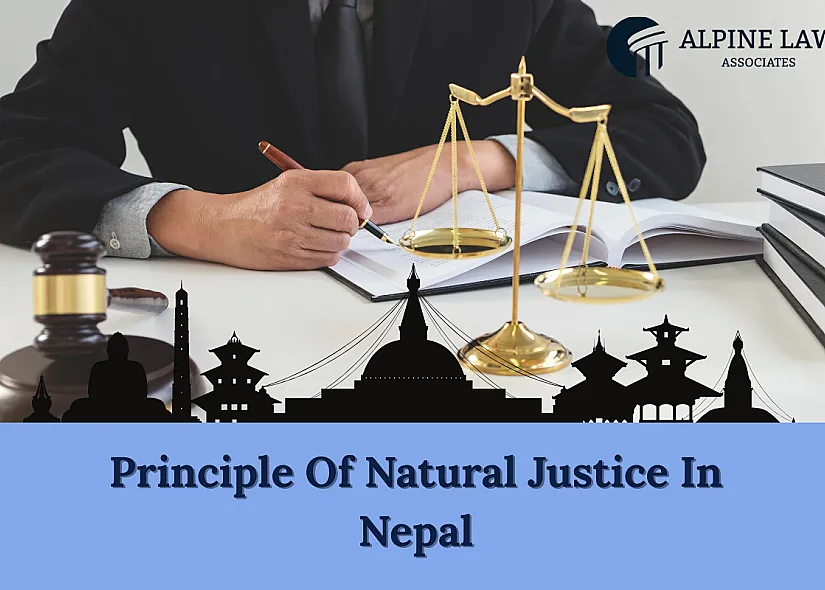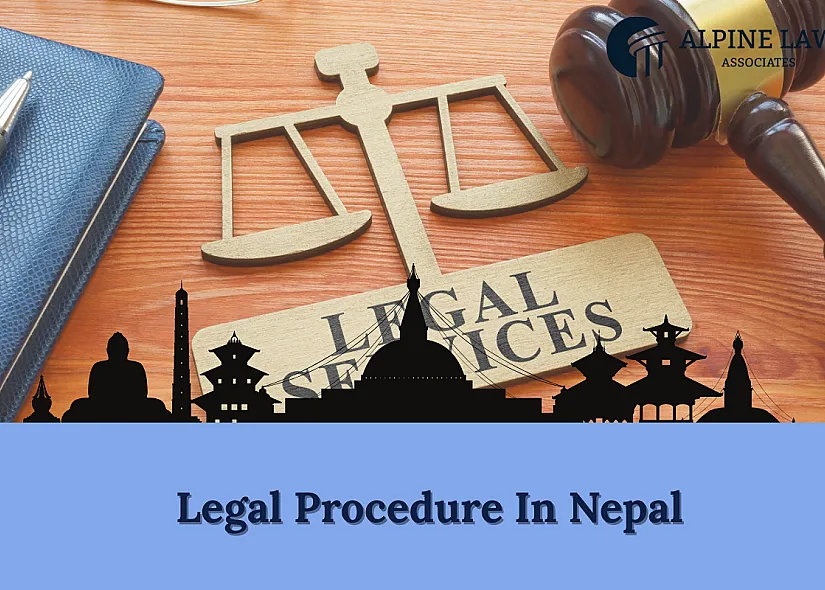Understanding the Law of Hurt in Nepal: Simple and Grievous Hurt Explained
The law on hurt in Nepal under the National Penal Code, 2074, outlines legal provisions, punishments, and procedures for offenses involving physical injury. This article explains simple vs grievous hurt, criminal force, and rights of victims and accused. Alpine Law Associates offers expert legal help in hurt-related cases—covering everything from complaint filing to courtroom representation. Whether you're facing accusations or seeking justice, our lawyers can help you navigate the legal process.



-thumb_big.webp)
-thumb_big.webp)

-thumb_big.webp)
-thumb_big.webp)

-thumb_big.webp)